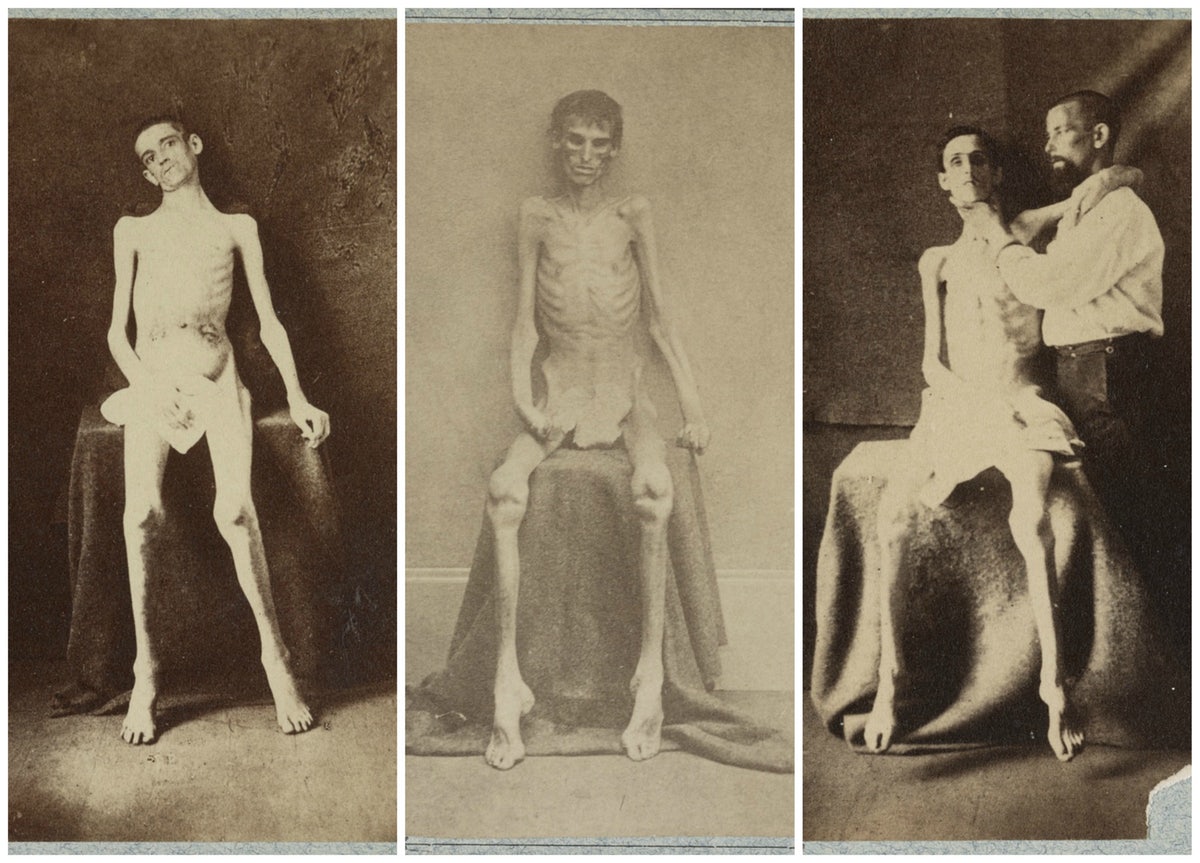
Mrs. O’Leary’s cow may be the most unethically maligned animal in U.S. history. On October 8, 1871, something caused flames to spark in the Chicago barn of Patrick and Catherine O’Leary. The resulting two-day conflagration killed 200-300 people, destroyed 17,450 buildings, left 100,000 homeless and caused about $4 billion of damage in today’s dollars. While the fire was still raging, The Chicago Evening Journal reported that it all started “on the corner of DeKoven and Twelfth Streets, at about 9 o’clock on Sunday evening, being caused by a cow kicking over a lamp in a stable in which a woman was milking.” Then a verse to a popular song was added; pretty soon it was the only verse anyone remembered:
Late one night, when we were all in bed,
Mrs. O’Leary lit a lantern in the shed.
Her cow kicked it over,
Then winked her eye and said,
‘There’ll be a hot time in the old town tonight!’
There was never any convincing evidence that a cow started the blaze. The O’Learys had five cows, and they didn’t have names. It’s not even a sure thing that the fire started in the barn, but Mrs. O’Leary was a Catholic woman and an Irish immigrant, and Chicagoans were eager to have a scapegoat, or rather scapecow. One prominent historian who has studied the inquest transcripts believes that the true culprit was an O’Leary neighbor named Daniel ‘Pegleg’ Sullivan, who hobbled into the O’Leary barn to smoke a pipe, which then fell into a pile of wood shavings and subsequently started the fire. Nonetheless, Catherine O’Leary was ostracized, and became a recluse. In 1997, the Chicago City Council officially exonerated Mrs. O’Leary and her cow, which did just about as much good for Mrs. O’Leary as for the cow.
1. A new book shows that I have not lived in vain! Yesterday, a line from a depressing movie called “Kodachrome” sent me into one of my funks. During one of the many arguments between a dying artist and his middle aged son who hates him, the father (Ed Harris) sneers that he may have been a neglectful father, but at least he would leave something of importance when he died, unlike his son, a failed rock band recruiter for a record label. By purest luck, today I received a complimentary copy of “Reginald Rose and the Journey of 12 Angry Men,” a fascinating and thoroughly researched account of how the TV screenplay and the film came to be the iconic works they are. Author Phil Rosenweig also tells the weird story of how Rose lost control of the stage version of his work, and how for years the only script one could legally perform was a hack adaptation of the movie by a writer who didn’t understand it. Well, I’m part of that weird story, as is my old theater company, “The American Century Theater,” which became the first professional theater in the U.S. to present the screenplay on stage. Many were involved in the success of that production, including my wife,Grace, who produced the script by meticulously typing the screenplay from a recording of the movie (this was before the internet), and NPR critic Bob Mondello, who traveled by bus, in the rain, to a converted school auditorium to see the production, which he gave a sensational and much circulated review. There were many twists and turns after that, but eventually Rose’s version of “12 Angry Men” became the play most theaters produce. He got the respect he deserved, the endurance of the play, which is a genuine classic (I directed it four times) is assured, and yes, I was part of the reason why. Rosenweig, who interviewed me, accurately relates my role in the off-stage drama. You can find the book on Amazon, and here.
Now I can die in peace.
Continue reading →







